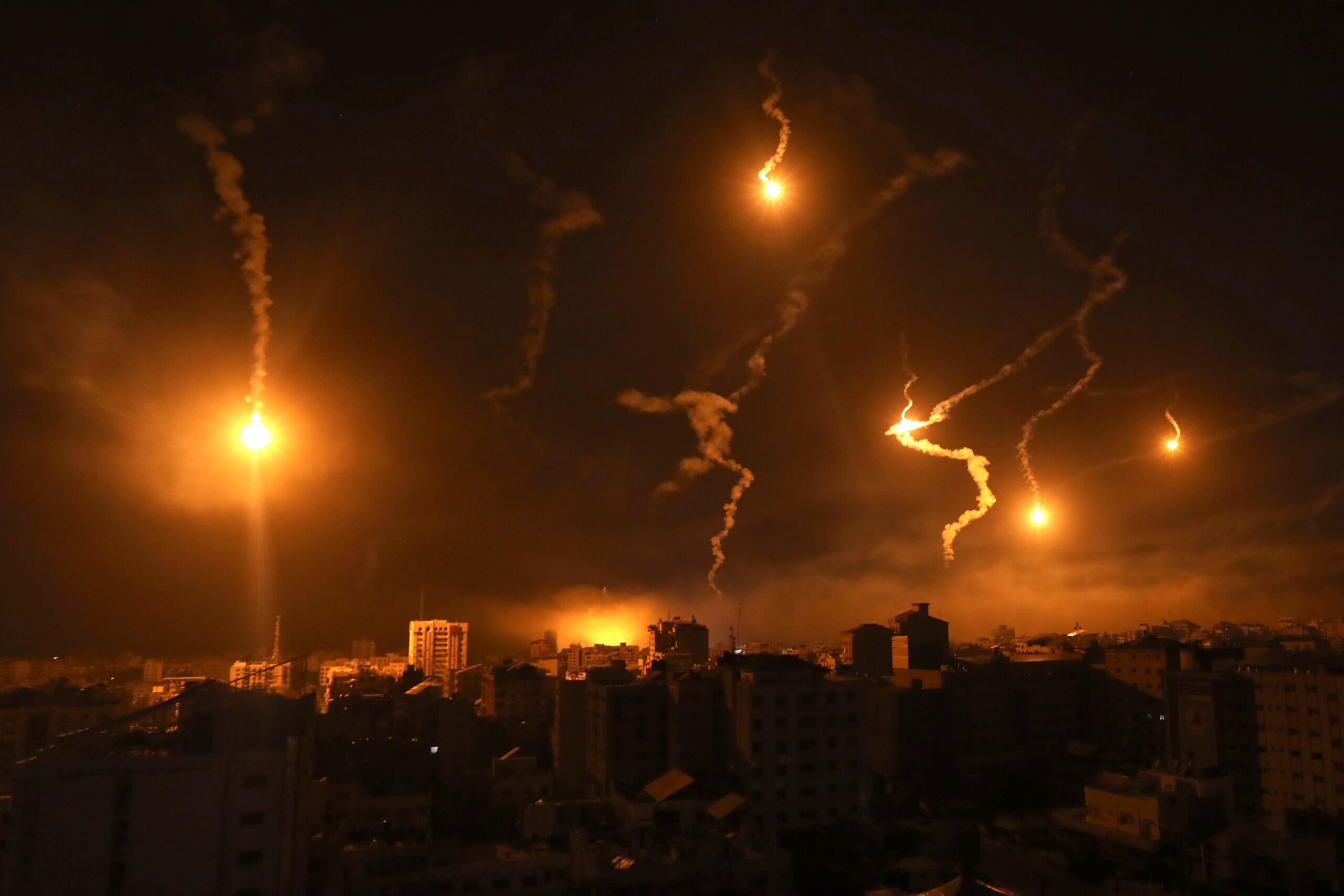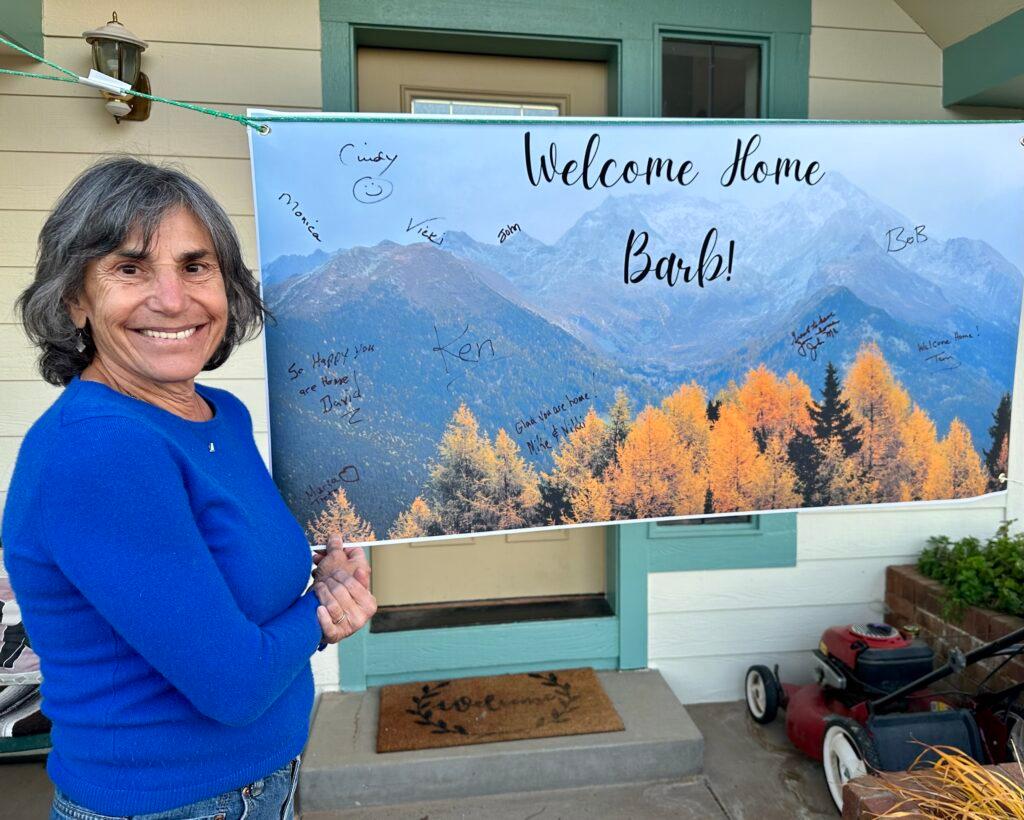
In early October, Dr. Barbara Zind, a Grand Junction pediatrician, was at the start of what she thought would be a short humanitarian mission in Gaza.
She was supposed to see scores of young patients with chronic conditions. Instead, she sheltered from bomb strikes in a United Nations camp.
On Oct. 7, Hamas launched a surprise attack on Israel, killing around 1,200 people and taking about 240 hostages, according to the Israeli government. Israel retaliated with airstrikes on Gaza, which have killed at least 10,000 Palestinians and displaced about 1.5 million since the war began, according to the United Nations and Palestinian health officials.
Zind, who’s been working with the organization Palestine Children’s Relief Fund (PCRF) for more than a decade, ended up stuck in Gaza for nearly a month. As she and other aid workers were moved to various United Nations facilities, she recorded audio diaries of her experiences, which she shared with CPR’s Western Slope reporter Stina Sieg.
Below are excerpts, in Zind’s own words, from her time in Gaza.
***
***
Home
It took three plane rides, but Zind made it to Denver the next night. Her family, including her husband, son and brother, met her at the airport, and her Palestinian sister-in-law made her maqluba, a Palestinian specialty of chicken and rice.
A few days later, Zind was back in Grand Junction. When she and her husband drove up to their home, set against red-rock cliffs, they were greeted by a banner across the front door. “Welcome Home Barb!” it sang out, with signatures from neighbors and friends. They had loaded up the couple’s fridge, as well.
While Zind thought she’d get “all blubbery" when she finally returned, she wasn't. Instead, she's been busy talking to friends and family, doing interviews with media and running errands.

“I don't really think things have hit me yet,” she said, sitting on her back patio with tea.
Even though her life was in danger in Gaza, she hadn’t felt that way in the moment.
“I mean, I'm sleeping on the ground on a foam mattress and a little blanket, but when you know what's going on around you, it’s like, I don't have anything to complain about,” she said.
For Zind, the tragedy of this conflict is clear: all the everyday people who've died, Palestinians and Israelis.
“When you do things like this against civilians, you just create more hate,” she said.
“And I don't want to sound like a rainbow bubblehead or something, but I mean, the only hope is that this is a wake-up call to the world that we all need to intervene and make this a sustainable environment, so that both groups can survive,” she said.
Zind would like to return to the Middle East for another aid mission next year, but it’s unclear whether that will mean going back to Gaza. That, she explained, will take a family discussion.
Funding for public media is at stake. Stand up and support what you value today.







